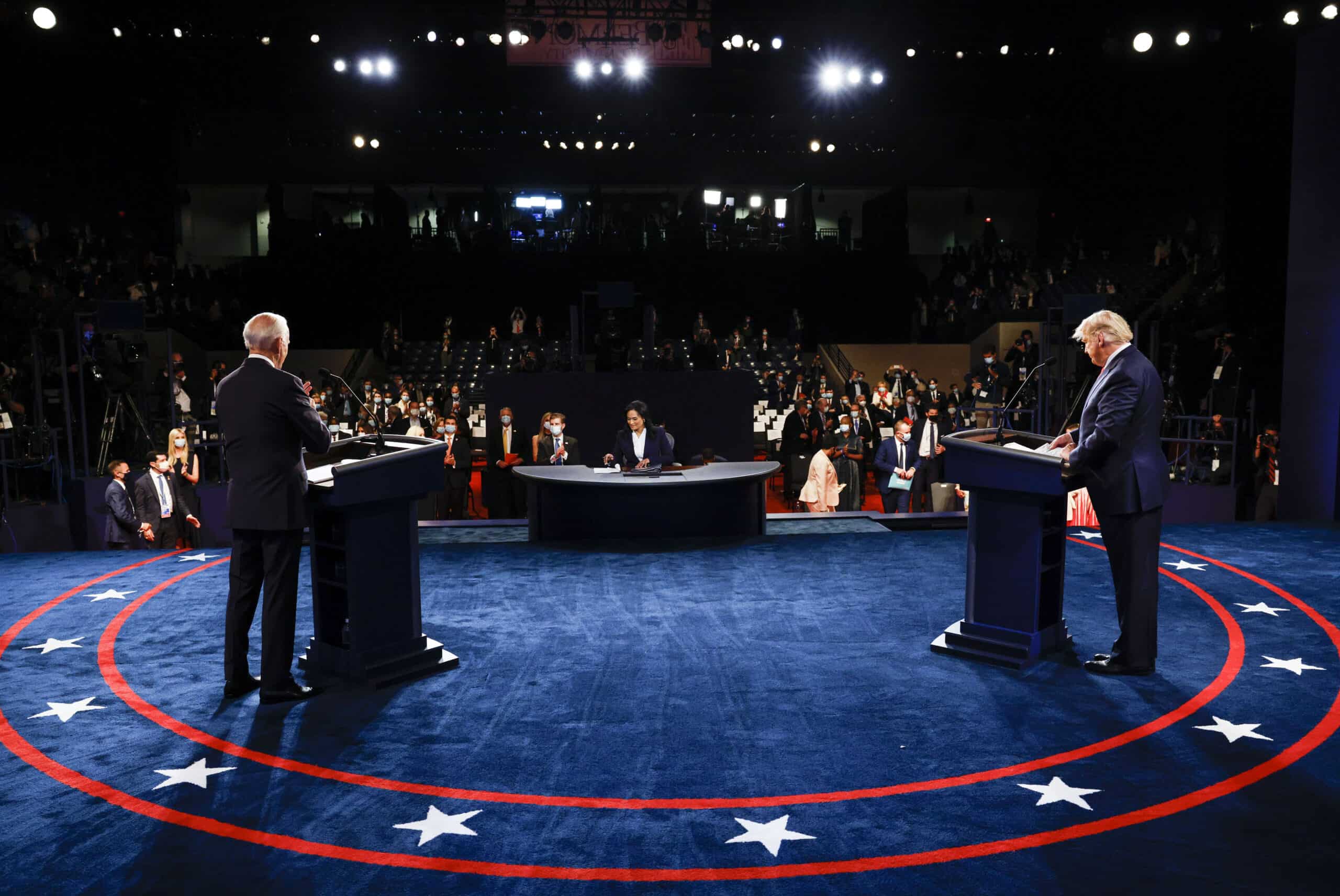
Controversy and even scandal has been a part of many U.S. presidencies, even from the early days of the country. Which of course doesn’t excuse them, but does remind us that presidents aren’t saints, whether they ride around in a horse and carriage or a bullet-proof limousine. Learning more about these scandals might get you thinking about what ethical standards are so non-negotiable to you that they would override your usual party loyalties to vote for another candidate.
24/7 Wall St. Insights
- As a result of scandals, over the years ethical standards for presidents have been more clearly defined in federal regulations.
- U.S. presidents have been involved in scandals involving finances, illegal political activities, and illicit romantic relationships.
- Also: 2 Dividend Legends To Hold Forever
Executive Branch Standards of Ethical Conduct

Over the years, various scandals led to changes in the ethical standards expected of Presidents, Vice Presidents, and other members of the Executive Branch of the government. These were codified in 1993 into a uniform set of rules called the Executive Branch Standards of Ethical Conduct, which apply to about 1 million government employees in about 100 different Federal agencies. These include, among other things, regulations on accepting gifts, financial conflicts, bias in performing duties, abuse of one’s position, and outside activities incompatible with their governmental responsibilities.
Real or Rumor?

Of course, presidents and other elected officials are frequently the targets of false rumors seeking to discredit them politically. We are limiting this article to scandals that are part of the public record or were corroborated by people close to the president. Some of these scandals were not publicly known until after the president left office.
Thomas Jefferson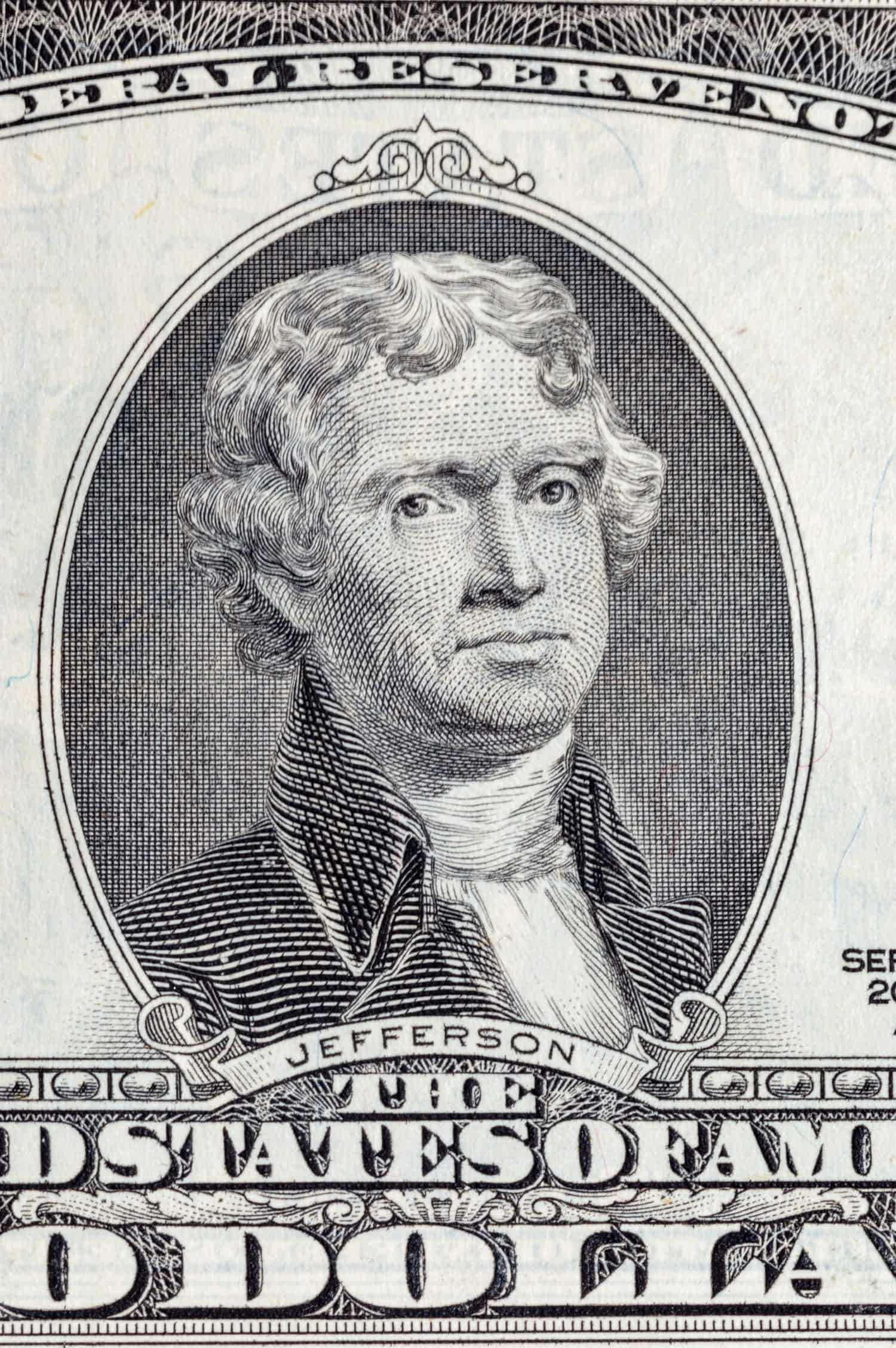

Thomas Jefferson had an affair with one of his slaves, Sally Hemmings. Sally was one-quarter African and was half-sister to Jefferson’s wife Martha. Five years after Martha died, a 14-year-old Sally came to France with Jefferson’s daughter and, when he was 44 years old, he began an affair with her. She eventually bore 6 children to him. Four survived to adulthood and were eventually freed; Sally herself remained a slave for life. These were the only slaves Jefferson freed from his plantation. DNA analysis of Hemmings’ descendants confirmed that they are indeed Jefferson’s offspring.
John Quincy Adams
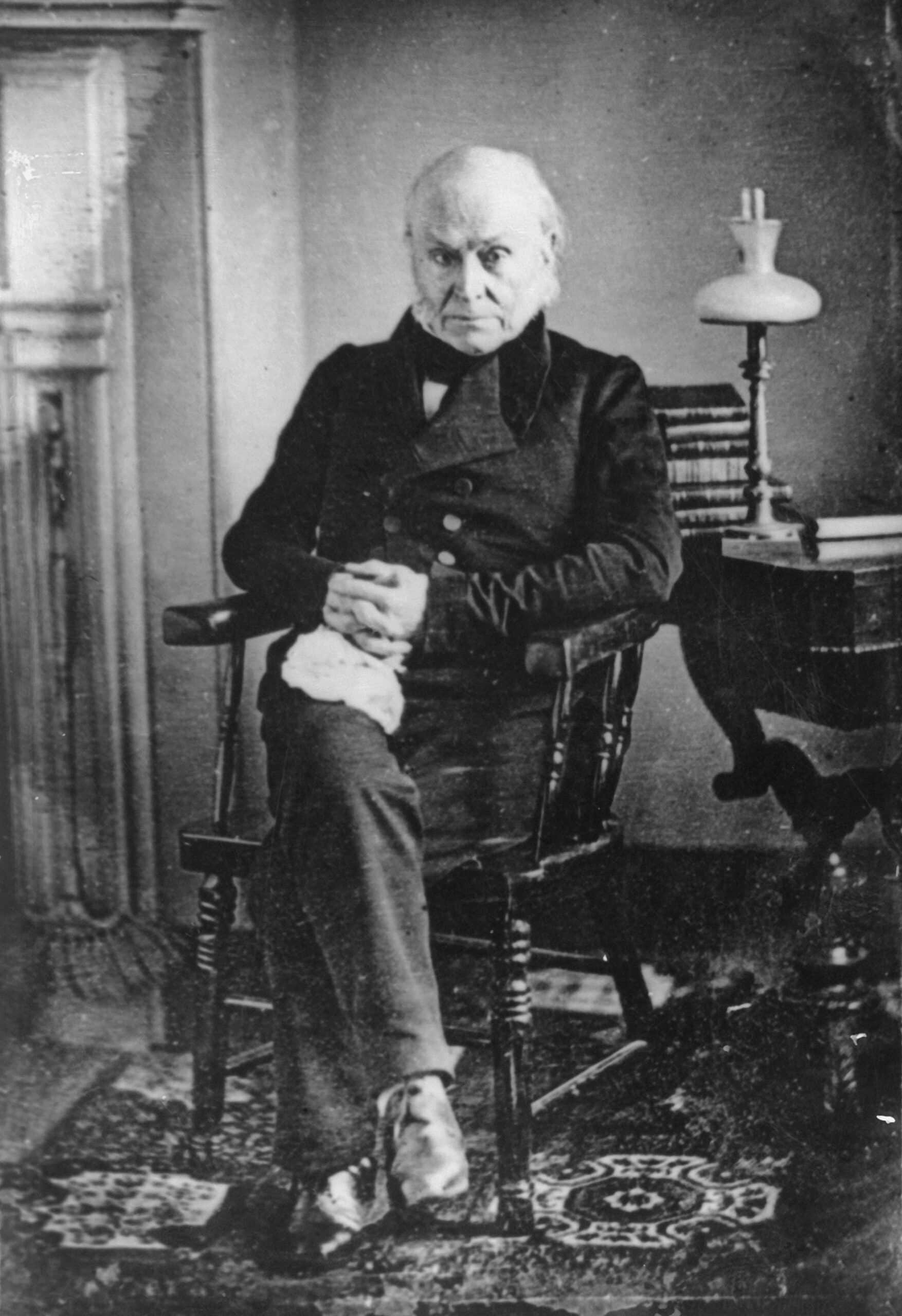
In 1824 John Quincy Adams and Andrew Jackson ran for president with neither getting a majority of the electoral votes. The election went to Congress to decide. The speaker of the House, Henry Clay, supported Adams, who won the vote. Afterwards, Adams picked Clay as his Secretary of State in a move widely seen as a corrupt bargain. Jackson got his revenge though: he defeated Adams in the next election, and Clay in the one after that. And he has his picture on the $20 bill for his efforts.
Andrew Johnson
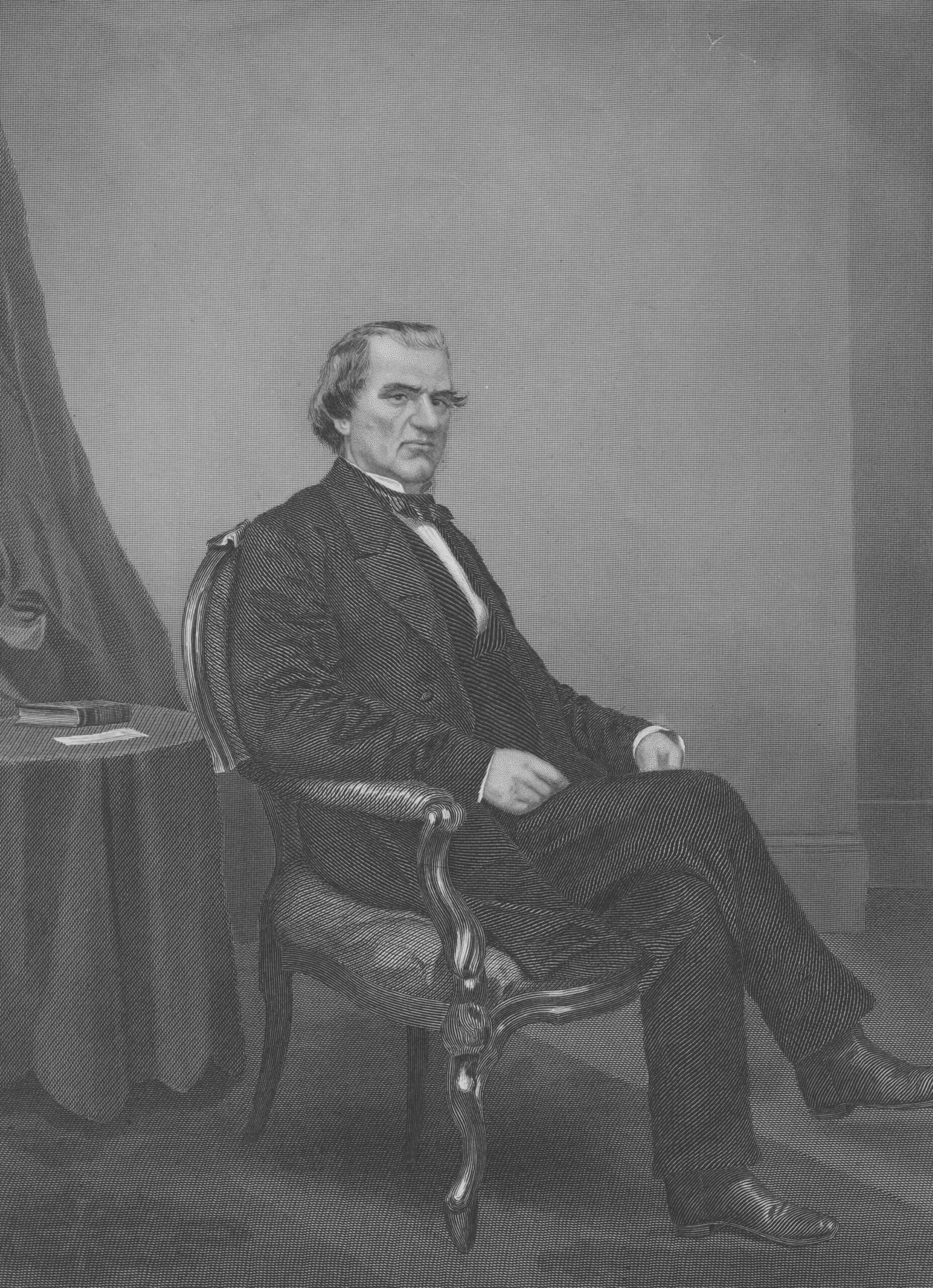
During Andrew Johnson’s administration, Congress overrode a presidential veto to pass the Tenure of Office Act specifically to prevent the president from replacing his Secretary of War, Edwin Stanton. Johnson decided to fire him anyway and became the first president impeached by Congress. Although the House of Representatives found him guilty, the Senate failed to do so by one vote.
Ulysses S. Grant
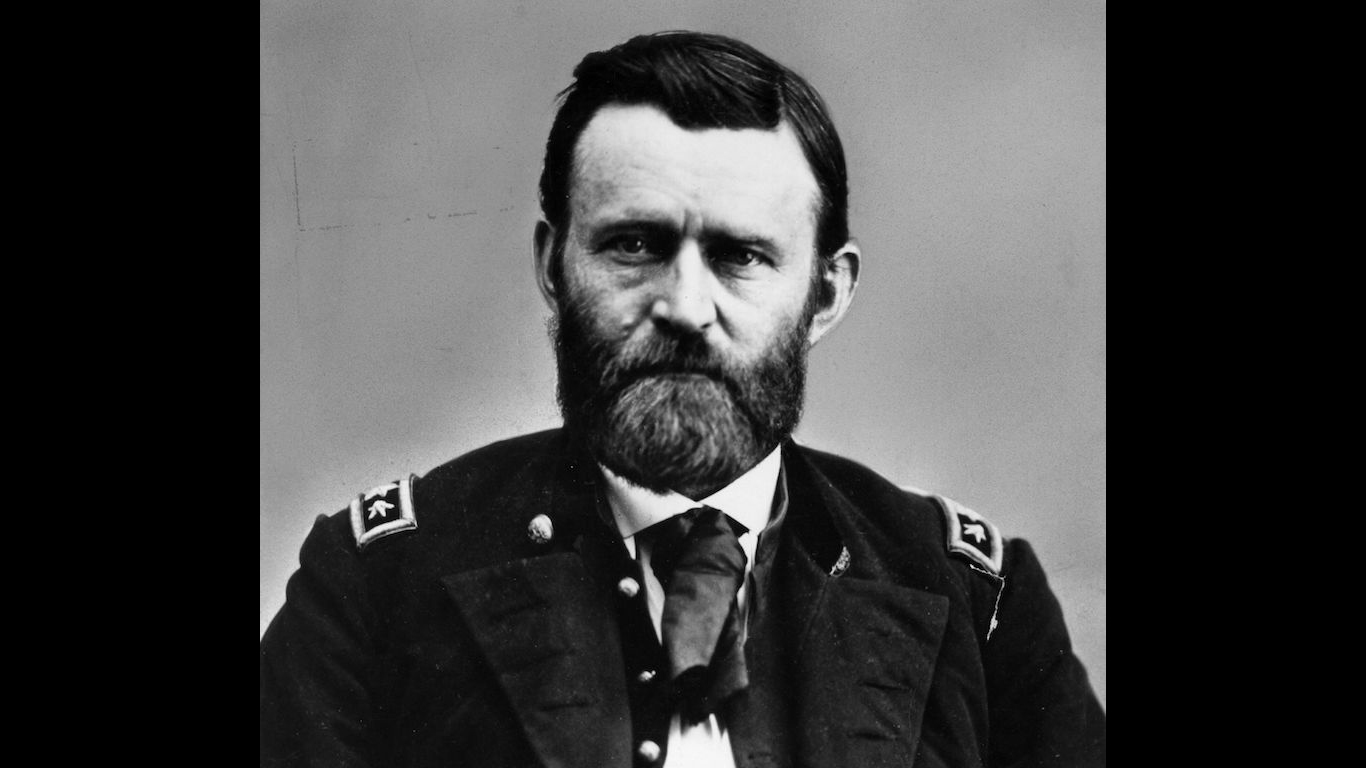
Ulysses S. Grant had one of the most scandal-ridden administrations in American history. One involved members of his administration, his brother-in-law, and his wife in an elaborate plot to corner the gold market, creating a gold panic that disrupted the American economy for months. Other scandals involving his cabinet members included illegal manipulations of the New York Custom House, lucrative postal route contracts, salary increases for government officials with secret back-pay bonuses, manipulation of tax collection for private gain, nepotism in government hiring, and manipulating investigation into under-the-table whiskey distilleries.
Franklin Roosevelt
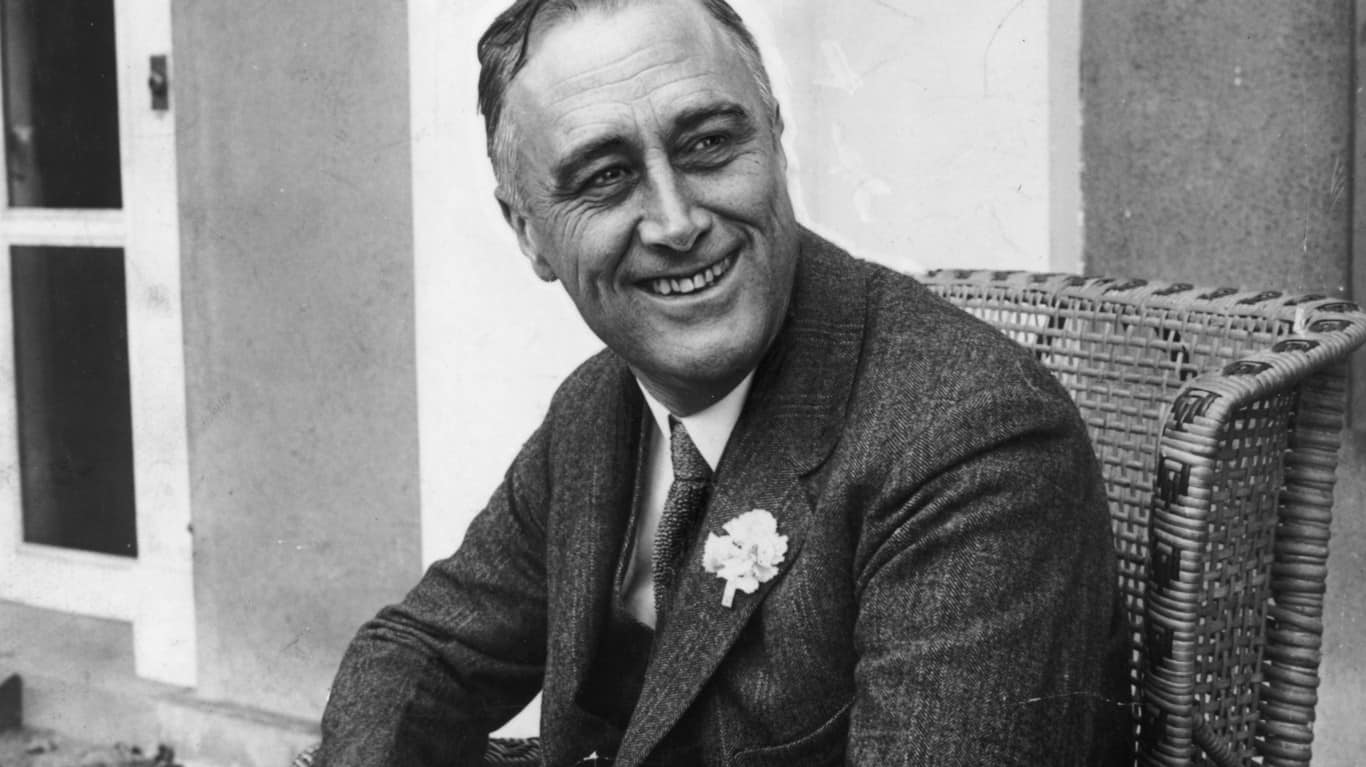
The New York Times and PBS reported that Franklin Roosevelt had an long-term extramarital relationship with Lucy Mercer Rutherfurd, his wife’s social secretary. Eleanor found out about it and offered him a divorce but his mother forbade him to do it. Eleanor herself had a long-term lesbian relationship with a reporter named Lorena Hickok, well-documented in some of the 2,300+ letters they exchanged.
FDR was diagnosed with polio at age 39 and lost the ability to walk. At the time there was a great stigma against people with disabilities. The President had a specially-made chair that did not look like a wheelchair and asked the Secret Service to prevent photographers from taking pictures when he was being transferred in and out of vehicles or in any other way appearing in a “weakened” state. Ironically, his status as the first American president with a significant physical disability is a plus for his reputation among modern Americans.
Dwight D. Eisenhower

In 1991 The New York Times reported that while he served as a general in World War II, Eisenhower had an affair with Capt. Kay Summersby, his driver. President Harry S. Truman said that Eisenhower requested from another general to return to the U.S. to divorce his wife and marry Summersby. The request was denied, with threats to ruin his career if he attempted to do so.
John F. Kennedy
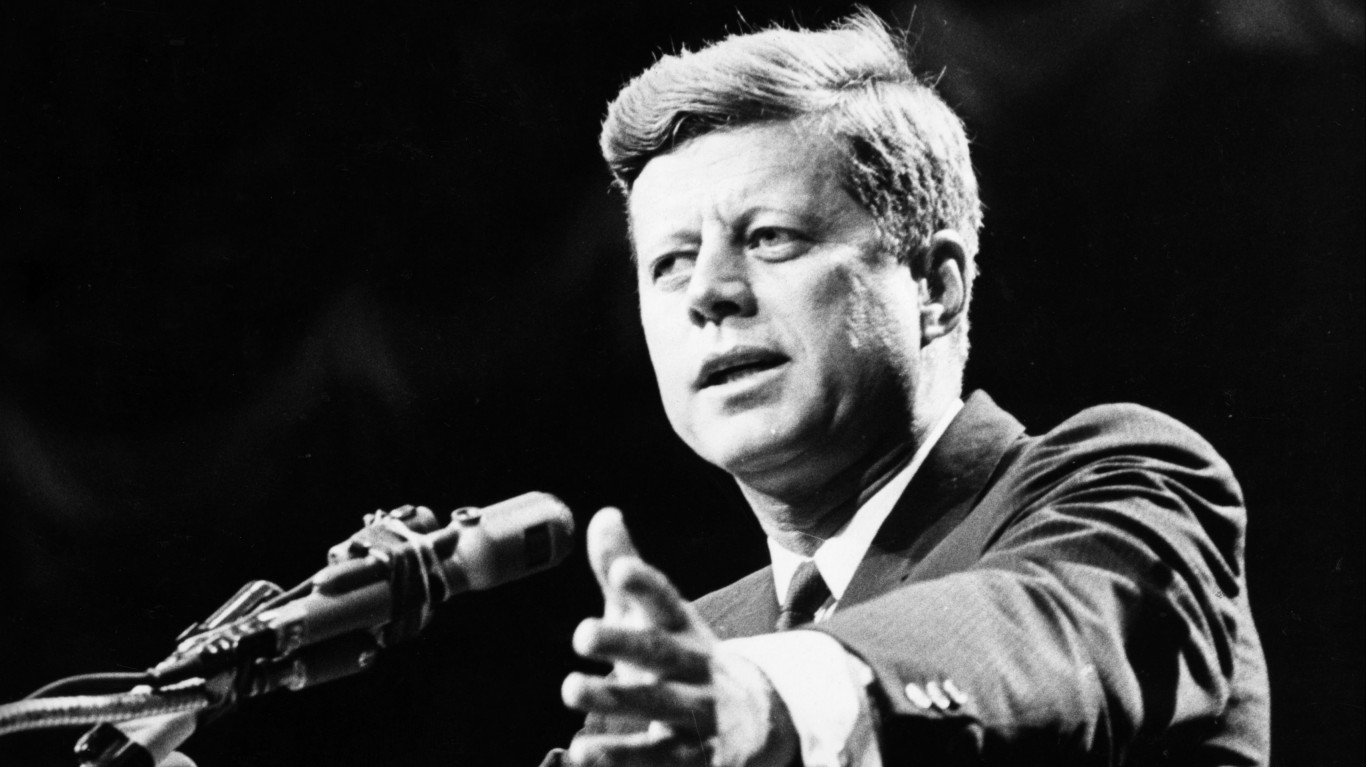
The Atlantic reported that JFK had affairs with two secretaries and went skinny dipping with them in the White House swimming pool. Jacqueline Kennedy once gave a French reporter a tour of the White House and commented, in French, when passing one of the secretaries’ desks, “This is the girl who supposedly is sleeping with my husband.” Rumors of an affair with Marylin Monroe were never confirmed and Marylin’s biographer said they only met a few times.
Lyndon B. Johnson
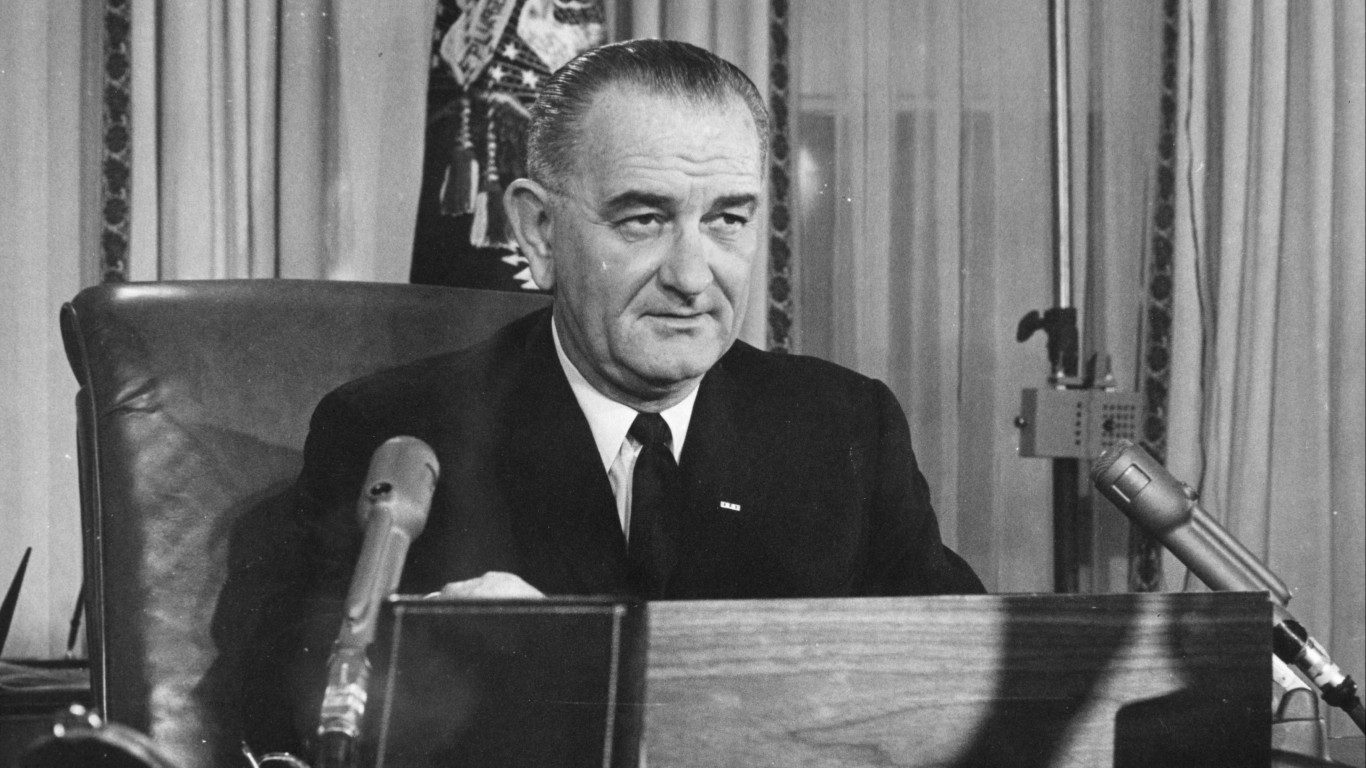
The Oklahoman and Texas Monthly reported details of LBJ’s extramarital affairs with several women, including a White House staffer. He paid child support for many years to a woman who claimed him as the father of her child.
Richard Nixon
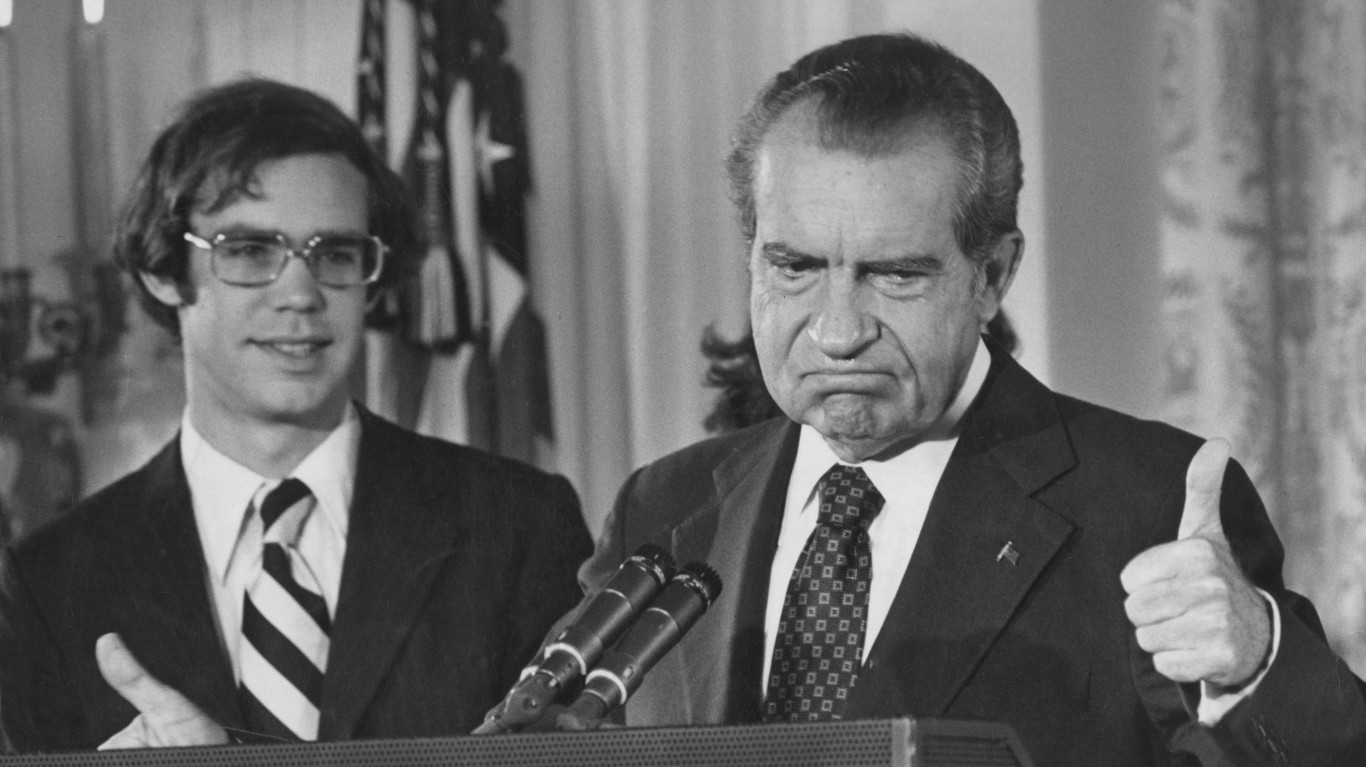
In 1972, 5 people were arrested for breaking into the Democratic National Committee’s headquarters at the Watergate complex in Washington, D.C. An FBI investigation discovered president Nixon had conspired with aides in a broad effort of wiretapping, burglaries, spying, and sabotage of his political opponents. Members of the administration were convicted and Nixon resigned in 1974 to avoid impeachment.
Gerald Ford
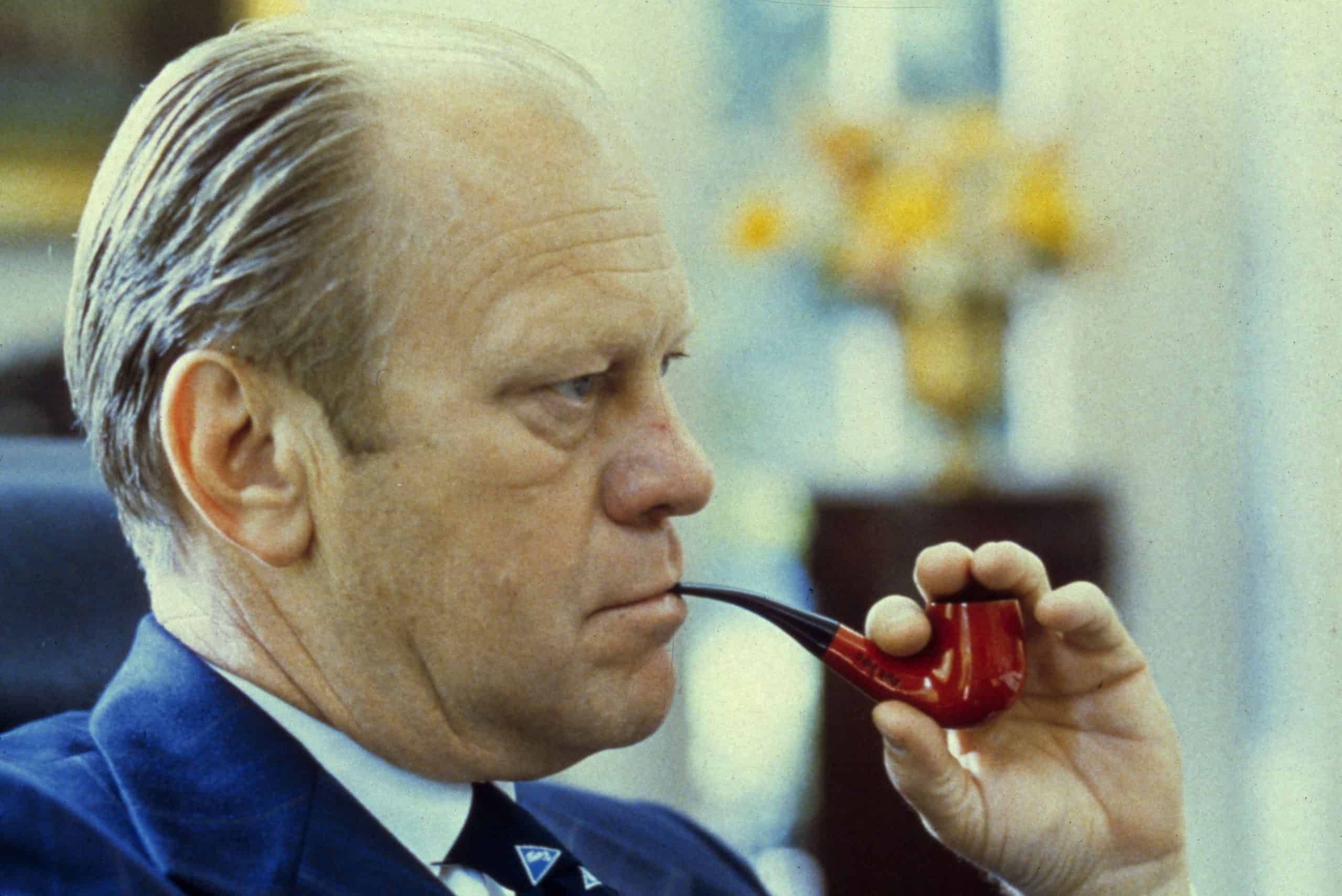
Gerald Ford was the only President who was never elected as President or Vice President by the American people. During the Nixon administration, Vice President Spiro Agnew was involved in a scandal and resigned. Gerald Ford was appointed as his replacement and confirmed by the Senate. When Nixon resigned as a result of the Watergate scandal, Ford assumed the office. Ford gave a broad presidential pardon to Nixon that prevented him from being tried for any crimes. Ford’s pardon was considered by many a corrupt act in itself, so he was only able to finish out the remainder of Nixon’s term and was defeated in his own election bid by Jimmy Carter.
Ronald Reagan
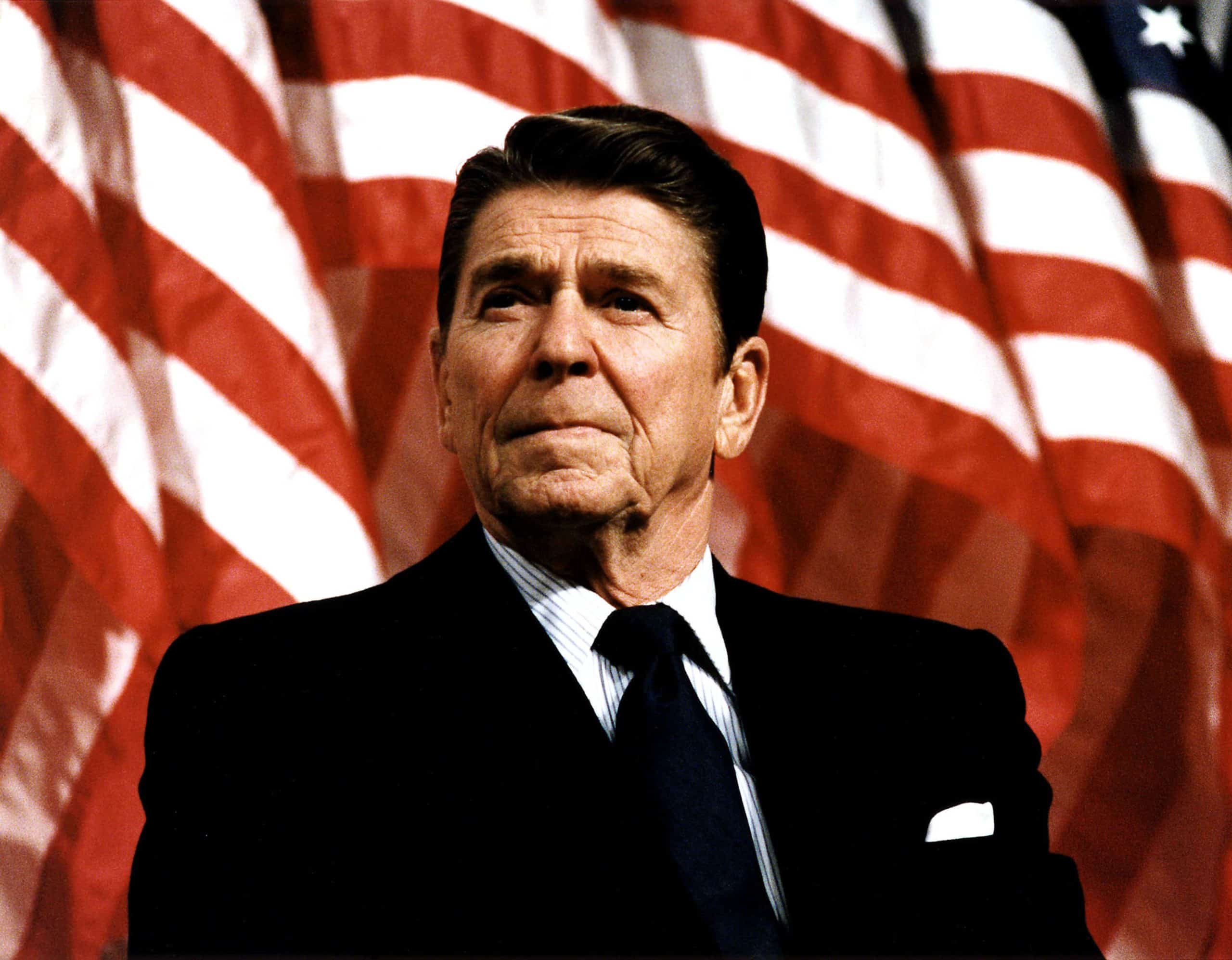
Fourteen members of the Reagan administration were charged in the complex Iran-Contra scandal. These are the elements of the scandal:
- The administration illegally sold missiles to Iran in violation of an arms embargo.
- Iranian-backed terrorists in Lebanon released American hostages in an apparent quid pro quo.
- A staffer named Oliver North illegally diverted some of the money to the Contra rebels in Central America who were trying to overthrow the socialist government of Nicaragua.
North was convicted of the crime but it is widely believed that he took the fall for decisions made by some of his superiors. Prosecutors were unable to find Reagan himself guilty of direct involvement, but in a 1987 speech he claimed full responsibility for what he called a “strategic opening” to Iran that deteriorated into an “arms for hostages” bargain.
Bill Clinton
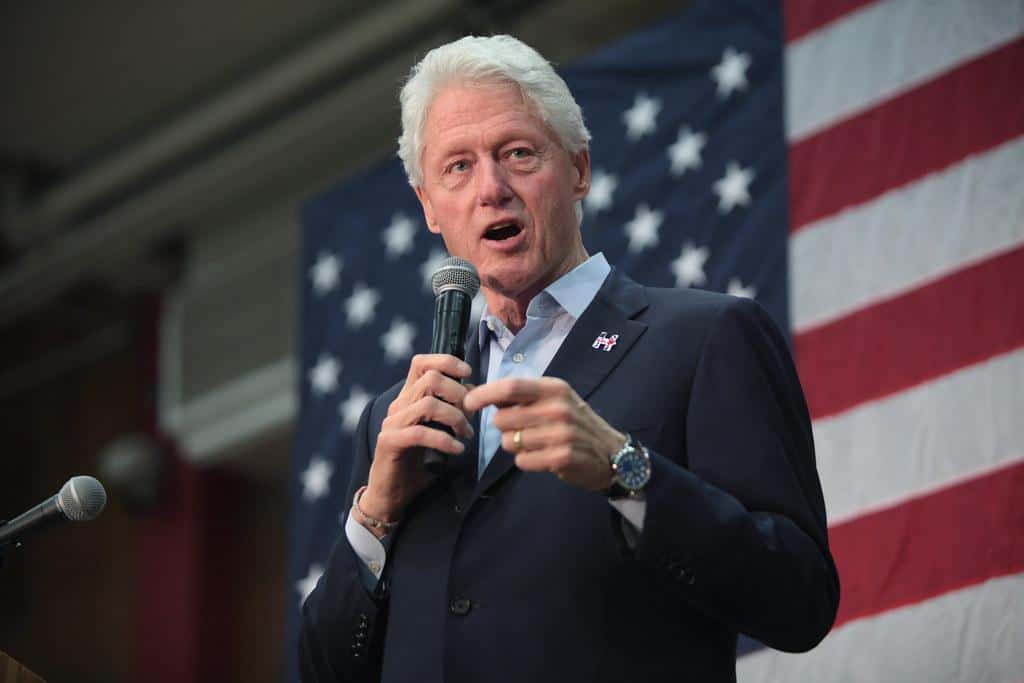
Clinton was accused of sexually harassing an Arkansas state employee and paid an $850,000 out-of-court settlement in 1998 to end the case without admitting guilt. The same year, he was impeached by the House of Representatives for lying under oath and obstructing justice by denying an affair with Monica Lewinsky, a 22-year-old White House aide. The House of Representatives impeached him but the Senate voted to acquit.
Donald Trump
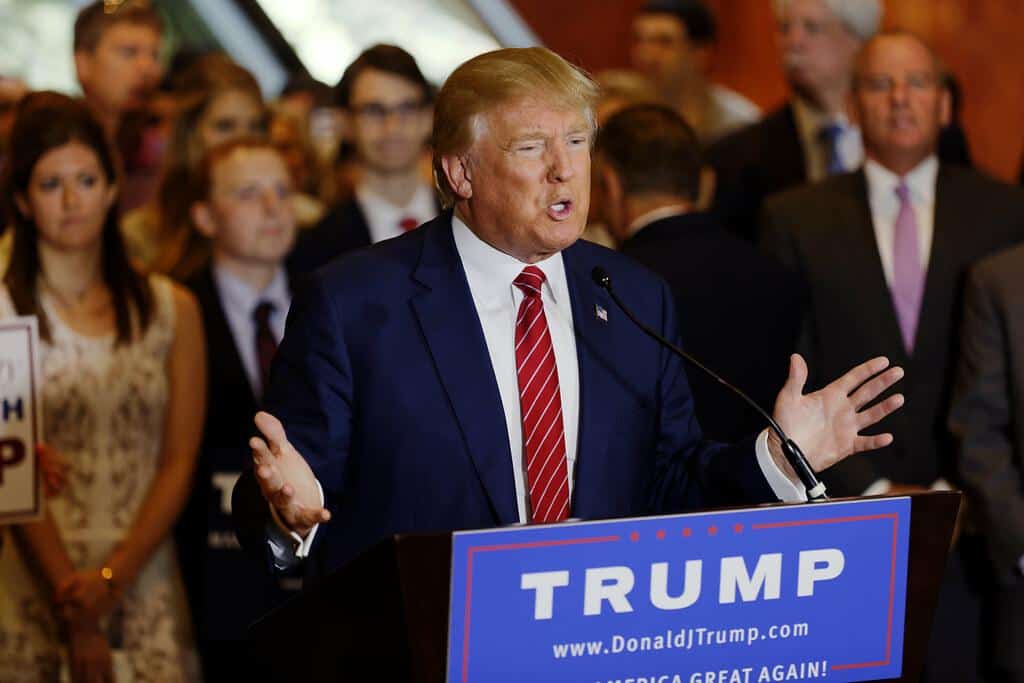
Trump was accused of sexual misconduct by about 26 women. E. Jean Carroll won civil cases against Trump for sexual abuse and defamation and was awarded $5 million in damages. Trump was impeached twice, in 2016 and 2021. The first time was for withholding aid to Ukraine to pressure them to investigate Joe and Hunter Biden. The second was for inciting a mob to insurrection to attack the Capitol building and prevent certification of Biden as the winner of the election. In both cases the House voted to impeach but the Senate could not get enough votes to do so. In a third scandal, Trump was put on trial for falsifying business records to conceal hush-money payments to a mistress. In 2024 he was found guilty of all 34 charges and became the first president to get a felony criminal conviction. Other criminal investigations related to his business dealings and election tampering are ongoing.
Credit Card Companies Are Doing Something Nuts
Credit card companies are at war. The biggest issuers are handing out free rewards and benefits to win the best customers.
It’s possible to find cards paying unlimited 1.5%, 2%, and even more today. That’s free money for qualified borrowers, and the type of thing that would be crazy to pass up. Those rewards can add up to thousands of dollars every year in free money, and include other benefits as well.
We’ve assembled some of the best credit cards for users today. Don’t miss these offers because they won’t be this good forever.
Flywheel Publishing has partnered with CardRatings for our coverage of credit card products. Flywheel Publishing and CardRatings may receive a commission from card issuers.
Thank you for reading! Have some feedback for us?
Contact the 24/7 Wall St. editorial team.
